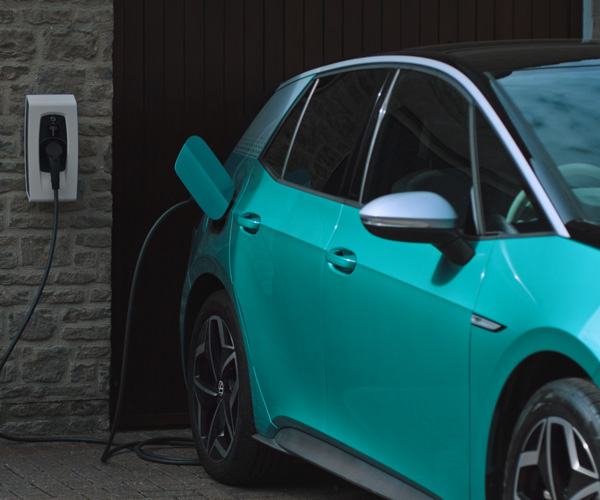
It will help raise standards in the industry and ensure that homes across the country will support a smart, connected energy ecosystem for the future.
The new regulations aim to maximise the use of smart charging technologies to benefit both consumers and the electricity system. This helps to provide stability by balancing the demand for energy from the National Grid and gives the user additional protection and access to a deeper level of information and data.
Feeling confused about the upcoming changes? You’re not alone, which is why we’ve put together this Q&A outlining all you need to know about the OZEV grant and what the upcoming changes to the scheme mean for homeowners, landlords and small business owners.
As a leading manufacturer of smart chargers and smart charging technology, Indra fully supports the new regulations and already meets the requirements with the Smart PRO 22 and Pioneer 22.
The regulations have some additional requirements for installers which are detailed in the Indra’s Installation Guide for Electric Vehicle Smart Charge Point Regulations Compliance document.
What will change from the end of June?
• Default off-peak charging
Indra software has always ensured that the vehicle is charged during the most cost-effective tariff and at the best time for the grid, but this now means that the charger will be automatically set to charge at off-peak hours. However, the charger remains fully flexible, as these default setting scan still be updated with personal preferences. Similarly, the ‘boost’ button on the charger is always available, so users can override the schedule if they need to start charging their car or van immediately.
• Random delay
Indra chargers already calculate the best charging schedule to complete the full charge by the specific time you set - and this can mean the vehicle charging doesn’t always start as soon as it is plugged in. To avoid overloading the grid with too many homes demanding electric charge all at the same time, a random delay is added to the start and end of a scheduled charge to ensure the grid is not overloaded.
This new legislation comes into effect on 1st April 2022, and will have big implications for homeowners, landlords and small business owners alike.
• Statement of Compliance
The Statement of compliance must be completed by the installer and given to the user once the installation is complete. This provides details of the manufacturer and installer for the customer and a point of contact.